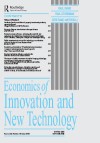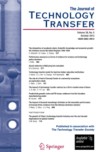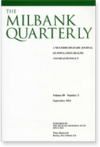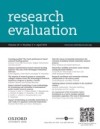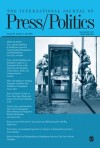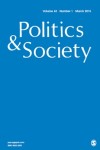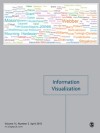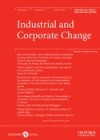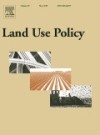Fraile M. & Lewis-Beck M.S. (2012) Economic and elections in Spain (1982–2008): Cross-measures, cross-time. Electoral Studies 31(3): 485-490
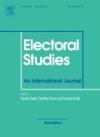
Abstract. In other leading Western democracies, the effects of economic voting are well-established. However, for Spain, a strong scholarly current argues against economic voting in that nation. Unfortunately, these various studies are limited, because they are based on incomplete survey cross-sections, which use individual subjective measures of the economy. We employ a full survey pool (of eight elections, 1982–2008), to examine the effects of two national economic measures (one objective and one subjective).



